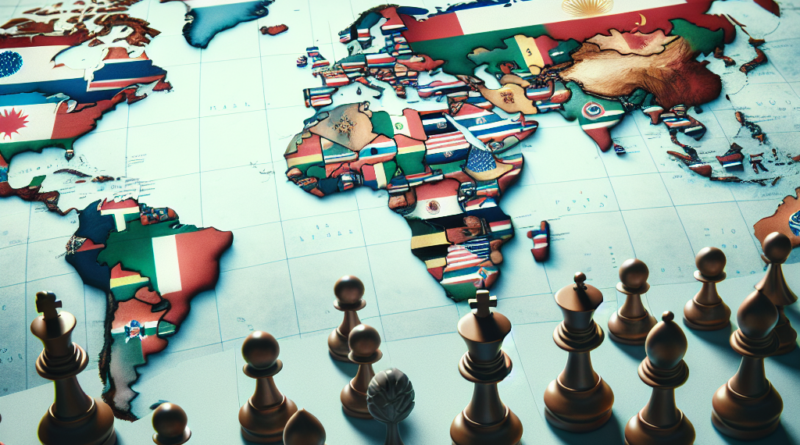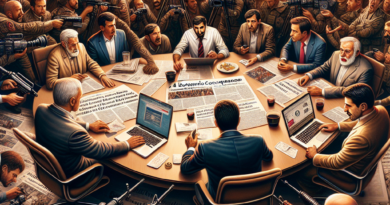Israel Calls for World War: “If Iran Strikes Us, Allies Should Attack Tehran”
The Risk of Third World War in the Middle East
The focus is now on the escalating tensions in Eastern Europe, but another hotspot that could spark a global conflict is the Middle East.
Since Israel’s missile strike that killed Hamas leader Ismail Haniyeh in Tehran, Iran has vowed to retaliate possibly involving Hezbollah and the Houthi rebels in Yemen.
The possibility of an Iranian attack on Israel, as highlighted by Israeli Foreign Minister Israel Katz, could trigger a global war.
During the visit of UK’s David Lammy and France’s Stéphane Séjourné, Katz warned of a potential third world war if Iran were to strike.
He stated, “If Iran attacks, we expect the coalition to not only defend Israel but also target significant sites in Iran.”
The concept of a third world war has been looming since Russia’s invasion of Ukraine over two years ago.
The conflict between Israel and Hamas in the Holy Land has further complicated the already uncertain geopolitical landscape.
The alarming trend of global rearmament suggests that a world war is seemingly inevitable.
German Minister Boris Pistorius predicts an escalation by 2029, while others fear it could happen sooner.
The situation in the Middle East demands special attention.
Iran is likely seeking retaliation against Israel for Haniyeh’s assassination.
While a symbolic attack on Israel occurred in the past, a future strike could involve Iranian allies in the region.
Hamas lacks the military strength to threaten Israel significantly, unlike Hezbollah, which is more well-equipped.
Iran boasts one of the world’s largest and most powerful militaries, with growing advancements in nuclear capabilities, raising concerns.
If Iran launches a full-scale attack on Israel, Tel Aviv may require assistance from Western allies.
The US has a significant presence in the region, but Katz’s call to potentially strike Iran on its own soil is a serious escalation.
It is imperative to remember that Tehran has strong alliances with Russia, Syria, North Korea, and favorable ties with China.
This intricate web of relationships underscores the risks of a third world war.
The hope remains that tensions serve as a deterrent, although certainty is increasingly scarce.




